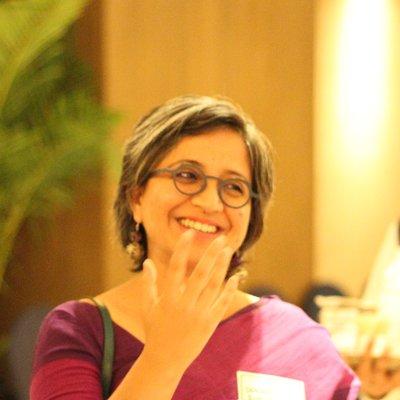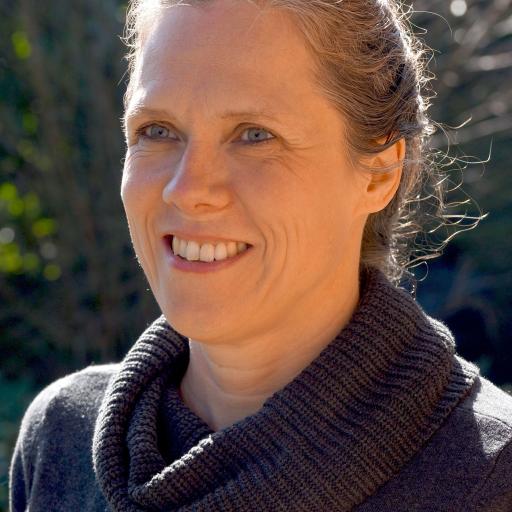For this edition of the Re-scape colloquium we have invited Dr. Debjani Bhattacharyya, Assistant Professor at the Department of History, Drexel University, USA. Professor Bhattacharyya is author of Empire and Ecology in the Bengal Delta (Cambridge University Press, 2018).

The main objective of the colloquium is to identify and debate the contribution that an integrated approach to natural and cultural heritage can make to the realization of the sustainable development goals (SDGs).
If we take the materiality of water—as rivers, oceans tanks, tidal flats, waterworks, dams, pipes, abandoned water-infrastructure and architectural ruins—we must also put these material watery objects in conversation with sites of ruins in water, i.e. floating debris, plastic islands, oil spills, disappearing coastlines and melting ice-caps to ask: “How do we interact and engage the material legacies of both our ancient and very immediate past histories?” Such an approach uses inter-disciplinary methods to: consider landscape changes in the past, present and future; acknowledge the inseparability of natural and cultural heritage; explore the interconnection of spatial and conceptual aspects of heritage; and evaluate the importance of water related heritage for the future.
The following questions will guide the discussions:
- What constitutes “heritage” when it comes to the environment (water)? And why is this “heritage” important?
- Using the concept of architectural ruins, can we look at sea-borne debris (plastic, oil spill, melting ice-caps) of our recent history as Anthropocene ruin and a site for counter-narratives about our culture, that would generate new pedagogy and new policy-thinking?
- How “cultural” is our natural heritage and how “natural” is our cultural heritage?
- Where and how do local voices and policy voices interact, disrupt and work with one another?
- Can natural and cultural heritage help to promote development? How so? Or is there a fundamental trade-off between the two? Can we come up with examples of either case?
- What are the ethical values of natural heritage? What heritage are we prepared to keep (i.e. by enforcing and paying for it) and what are we prepared to lose. Who decides?
Program
09:30 – 10:00 Welcome, with coffee/tea
10:00 – 10:30 Introduction by Carola Hein and Paul Rabé
10:30 – 11:30 Public lecture by Debjani Bhattacharyya, Drexel University, followed by Q & A and presentation of key questions for discussion
11:30 – 13:00 Workshop for PhD researchers and postdocs, Part 1: researchers briefly present their research and respond to the key questions presented after the public lecture
13:00 – 14:00 Lunch break (lunch not provided)
14:00 – 15:30 Workshop for PhD researchers and postdocs, Part 2: researchers briefly present their research and respond to the key questions presented after the public lecture
15:30 – 16:00 Conclusion, by Carola Hein, Paul Rabé and Debjani Bhattacharyya
Registration
Re-Scape colloquiums are open to anyone interested. You can register through: info@globalheritage.nl. Please mention 'October Re-Scape' in the subject line.



